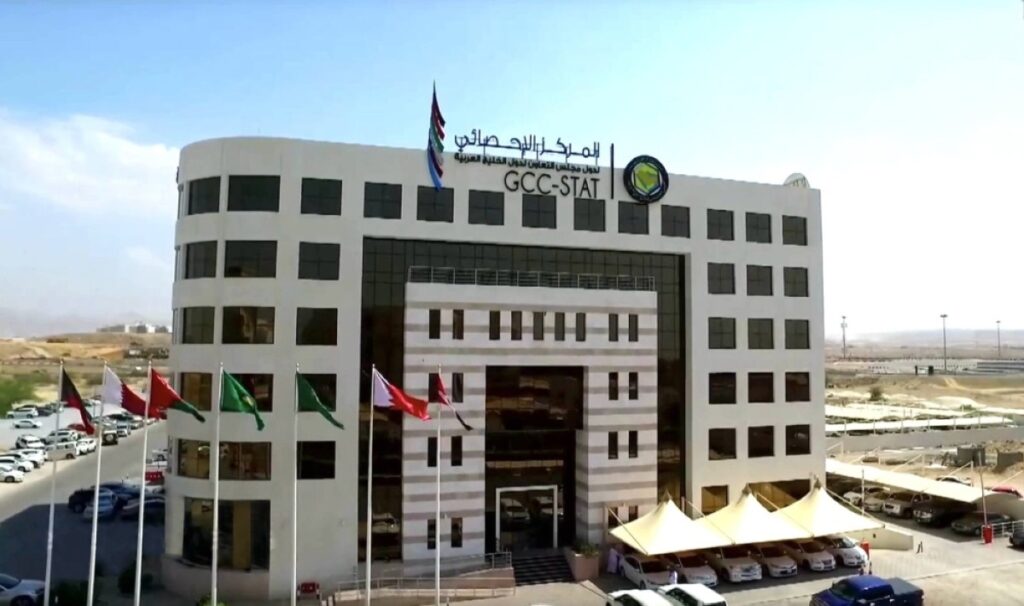KUWAIT: The gross national income (GNI) of Gulf Cooperation Council (GCC) states at current prices stood at $2.143 trillion in 2023, marking a 2.7 percent decline from $2.202 trillion recorded in 2022, the Statistical Centre of the GCC announced on Sunday. The centre noted that disposable national income – available for consumption and savings after deducting taxes and transfers – also contracted, reaching $989.1 billion compared with $1.015 trillion in 2022, a drop of 3 percent.
Data showed that the combined value added of the GCC’s non-oil sector rose to $1.513 trillion, while the oil sector accounted for $603.5 billion. The non-oil sector’s share of GDP increased significantly to 71.5 percent in 2023, up from 65 percent the previous year, supported by an annual growth rate of 6.4 percent. Mining and quarrying activities remained the largest contributor to the GCC economy over the past five years, averaging 28.3 percent of GDP, while manufacturing led within the non-oil sector, averaging 11.7 percent.
Most economic activities recorded positive growth in 2023. Finance and insurance posted the strongest expansion at 11.7 percent, followed by transportation and storage (11.6 percent), real estate (8.1 percent), public administration and defense (7.9 percent), wholesale and retail trade (7.6 percent), and education (5.5 percent). By contrast, mining and quarrying contracted sharply by 18.8 percent, while manufacturing dipped 0.7 percent.
In terms of spending components, GCC exports of goods and services totaled $258.7 billion, contributing 59.5 percent to GDP at current prices but reflecting a 7.1 percent decline. Final consumption expenditure reached $245.6 billion, growing 7.5 percent, while gross capital formation – including fixed assets – stood at $601.8 billion, rising 5.5 percent. The Statistical Centre for the Cooperation Council for the Arab States of the Gulf (GCC-Stat), based in Oman, serves as the official body responsible for compiling and disseminating economic and social statistics across member states, in coordination with national statistical agencies. — KUNA

